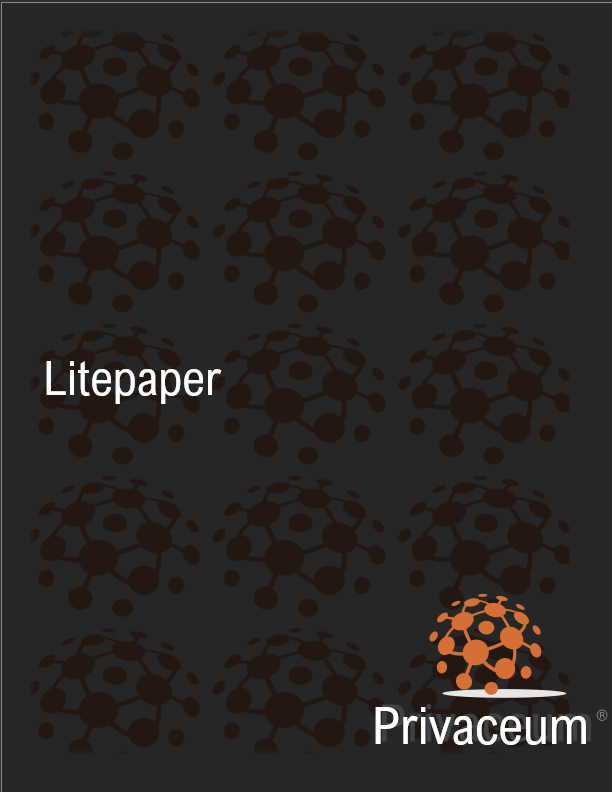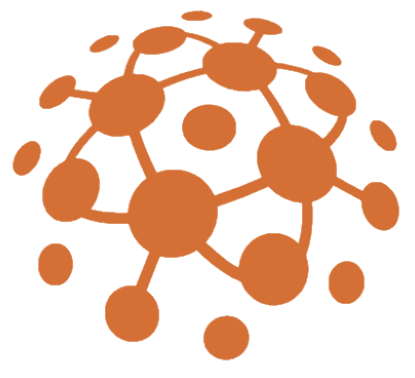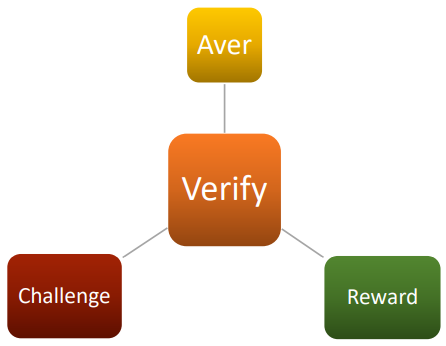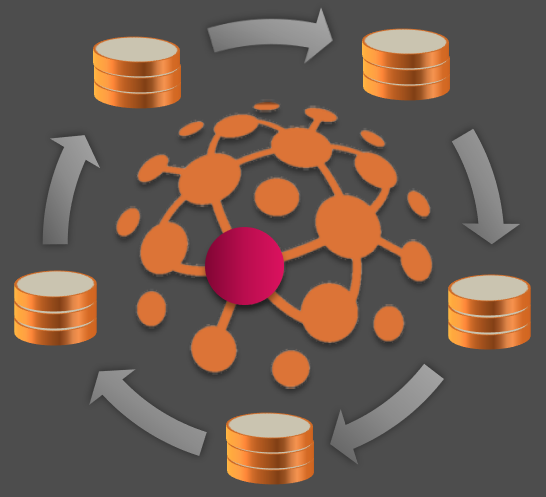check_circle_outline Useful for places or contexts with particular cultural expectations or regulatory requirements, such as medical centers, courthouses, shopping centers, and airports.
check_circle_outline Define and share specific privacy expectation settings to everyone as they enter your zone.
check_circle_outline Automatically negotiate privacy authority transfers as needed.
check_circle_outline Participate in the community-adaptive governance of the network to establish schemas, defaults, weightings, and contextual hierarchies for your areas of concern.










